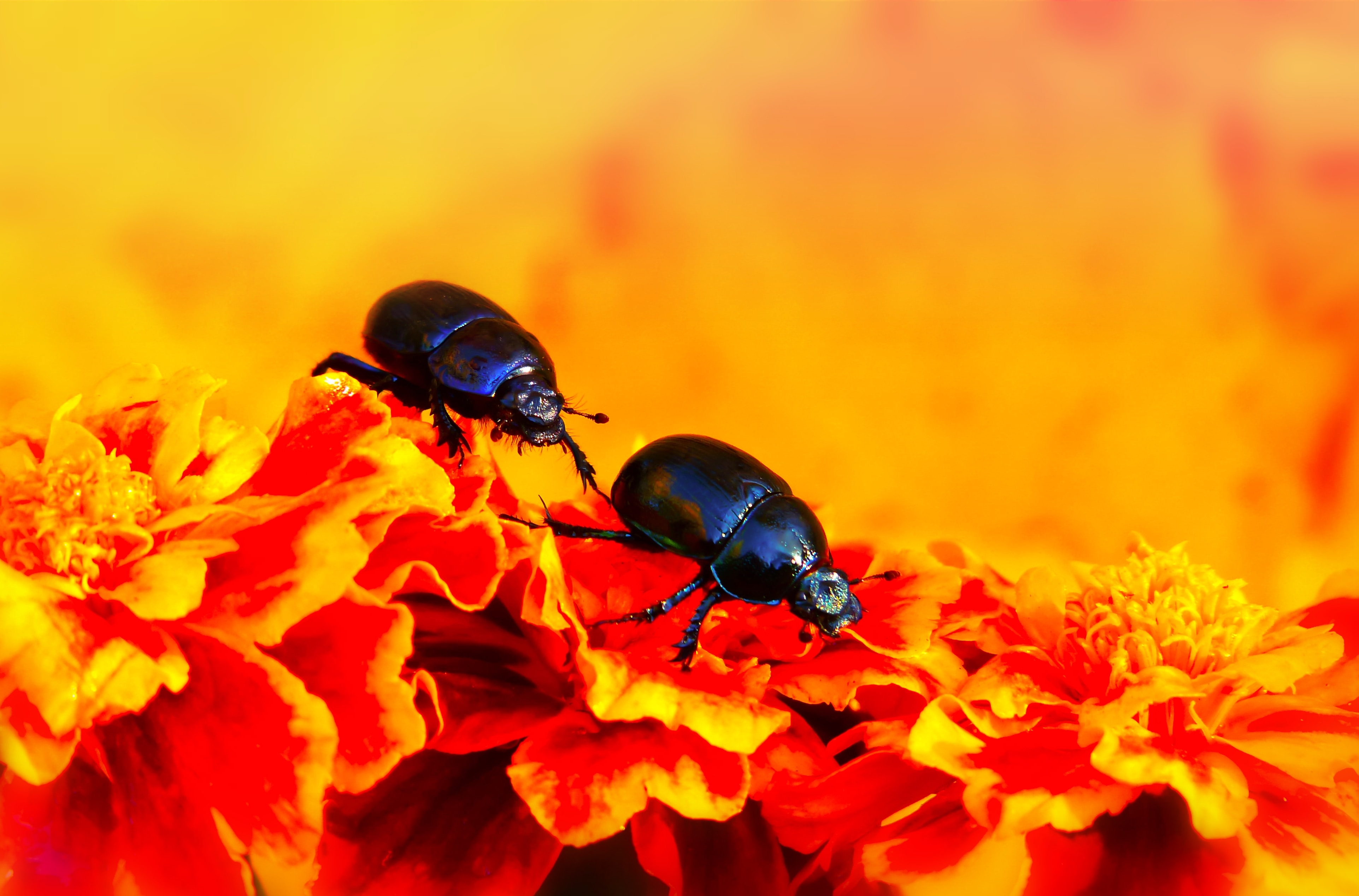Reversing the Decline of Biodiversity
Urban Areas Can Do a Lot to Stem the Decline of Insect Populations

There are over seven billion people on the planet, and we are overtaxing and stressing almost every resource and natural system. This is well known. There are, however, 200 million insects for every person living on the planet today — a staggering number.
Despite the enormous number and variety of insects, their populations are plummeting. They have decreased by 40 to 70 percent in the past 30 years, depending on which research and region one looks at. Pollution, habitat changes, overuse of pesticides, and global warming are clobbering insect numbers. Kendra Klein, a senior scientist and co-author of a recent study found that American agricultural lands are 48 times more toxic to insects than 25 years ago, caused almost entirely by widespread use of neonicotinoid pesticides. Klein calls this the second Silent Spring. In 2018, the European Union banned neonicotinoids, and this year Canada greatly restricted their use.
The distinguished biologist E.O. Wilson said: “Insects are the little things that run the world. If all humankind were to disappear, the world would regenerate back to a rich state of equilibrium. If insects were to vanish, the environment would collapse into chaos.” Many people think life would be better without bugs: ants, wasps and mosquitos. In fact, life would be impossible without them and their insect comrades. Insects turn dead plants into fertile soil; they pollinate flowers and our food crops; they are food for birds, bats, and other animals; they control pests that are harmful to humans; and they are the foundation of most terrestrial ecosystems.
Here are suggestions to reverse the decline of insect populations:
- Stop all use of pesticides in your house and garden.
- Plant lots of varieties of native and insect-friendly plants in your garden. Encourage the City and County of Santa Barbara to do likewise in our parks, along our roads, and wherever there is a little bit of bare ground.
- Push our local, state, and federal governments to ban neonicotinoids. We do not need them. There are four decades of research and evidence concluding that regenerative farming can grow more food on less land than the monocrop and chemical methods of “Big Agriculture” without decimating insects and pollinators.
- Change your mindset and that of our children’s from thinking of insects as bad and killing them at every opportunity. Instead, revere them as the basis of all life on our planet and as essential to 90 percent of our food crops.
- Allow fallen leaves and dried stalks to remain (except on paved areas) in order to create a variety of micro-habitats and nesting sites for these tiny creatures.
- Appreciate ants, bees, and other insects as great cleaners and recyclers.
- Host your favorite insects in your garden, whether they be butterflies, bees, ladybugs, dragonflies, or earthworms.
It is critical that we reverse the decline of insect populations and the extinction of many of these tiny species.
Dennis Allen is chair of Allen Construction, an employee-owned company committed to building and operating sustainably. He also serves as chair of the Dean’s Council at the Bren School of Environmental Science & Management at UCSB and as a boardmember of the Community Environmental Council.



